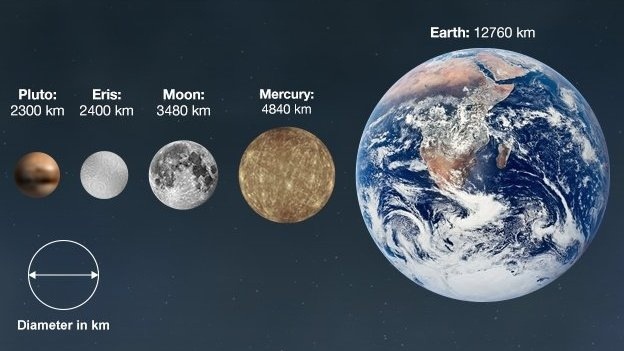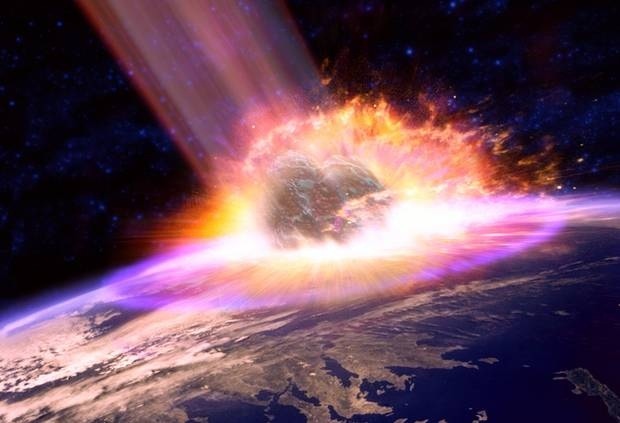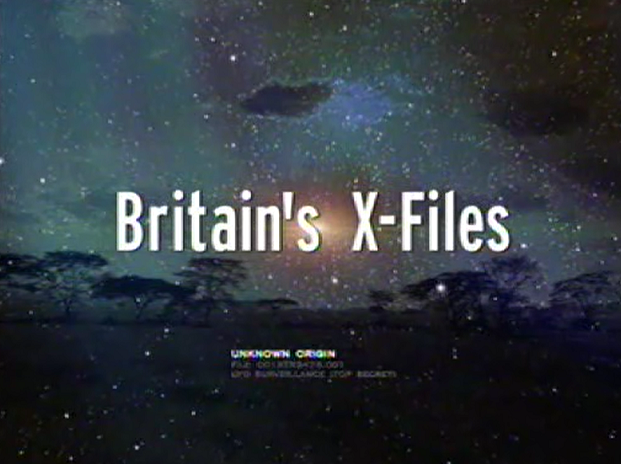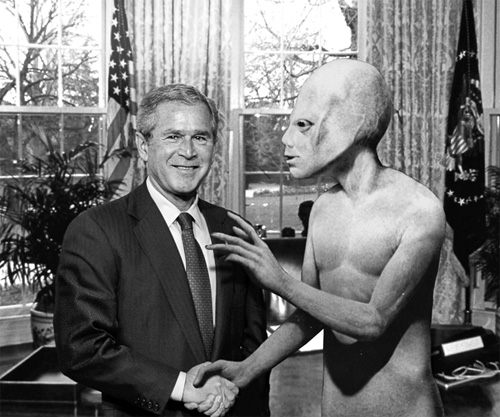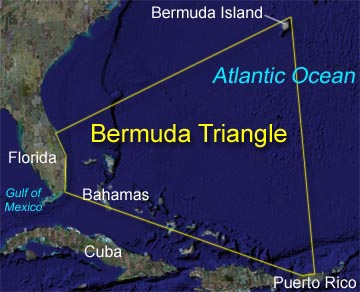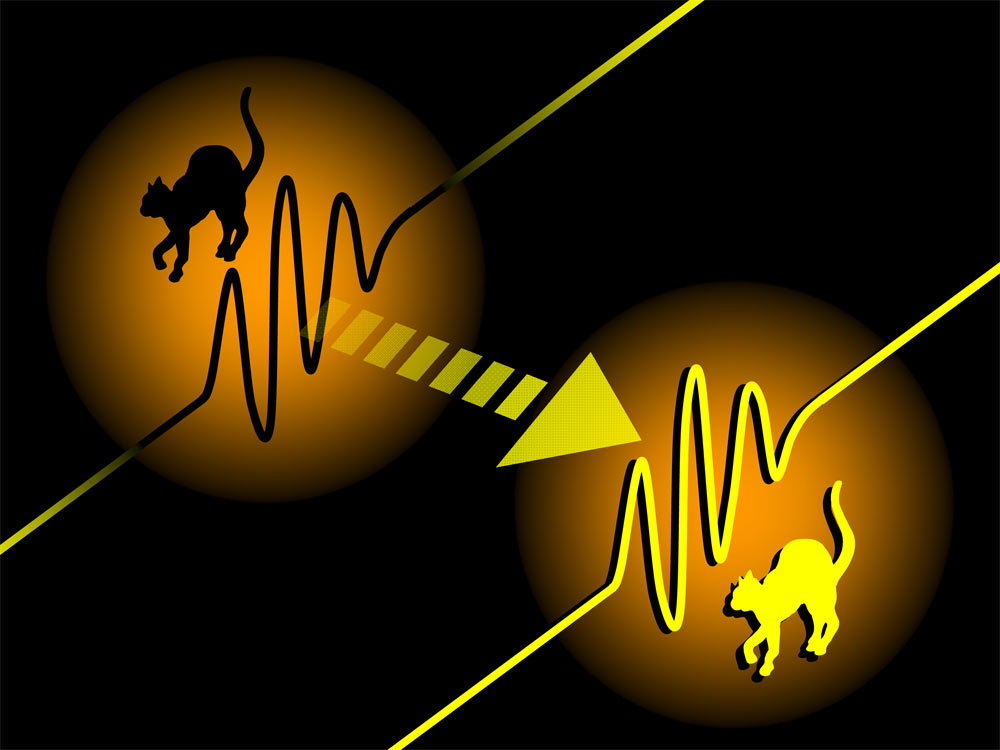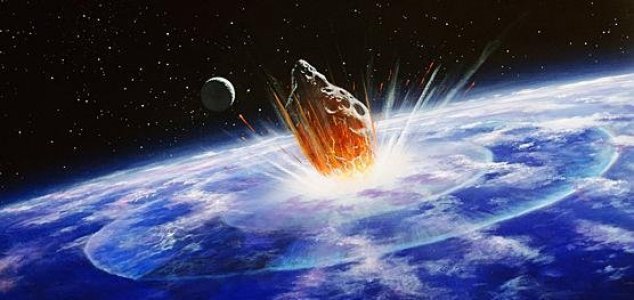
When we consider the possibility of a major disaster wiping out a large percentage of life on Earth we tend to take it for granted that our own species would go on, especially given our dominance of the planet and our unique ability to employ technological solutions to complex problems.
According to a new report by scientists from the University of Leeds however mankind may be no more likely to survive a mass extinction than a species of animal that is currently endangered.
To reach this conclusion the researchers conducted an analysis of the fossil record of terrestrial vertebrates from the Jurassic and Triassic periods which were separated by a massive extinction event brought about by a prolonged period of catastrophic volcanic activity and climate change.
The findings indicated that being geographically widespread does not ensure that a species will survive an apocalyptic event and that the same could also apply to humans.
“Many groups of crocodile-like animals become extinct after the mass extinction event at the end of the Triassic era, despite being really diverse and widespread beforehand,” said Dr Alex Dunhill.
“In contrast, the dinosaurs which were comparatively rare and not as widespread pass through the extinction event and go on to dominate terrestrial ecosystems for the next 150 million years.”
A very similar turn of events can be found at the end of the Cretaceous when an asteroid impact wiped out the dinosaurs and enabled small mammals to take hold and dominate.
“These results shed light on the likely outcome of the current biodiversity crisis caused by human activity,” said Dunhill. “It appears a human-driven sixth mass extinction will affect all organisms, not just currently endangered and geographically restricted species.”
Originally posted 2015-10-11 14:10:36. Republished by Blog Post Promoter

